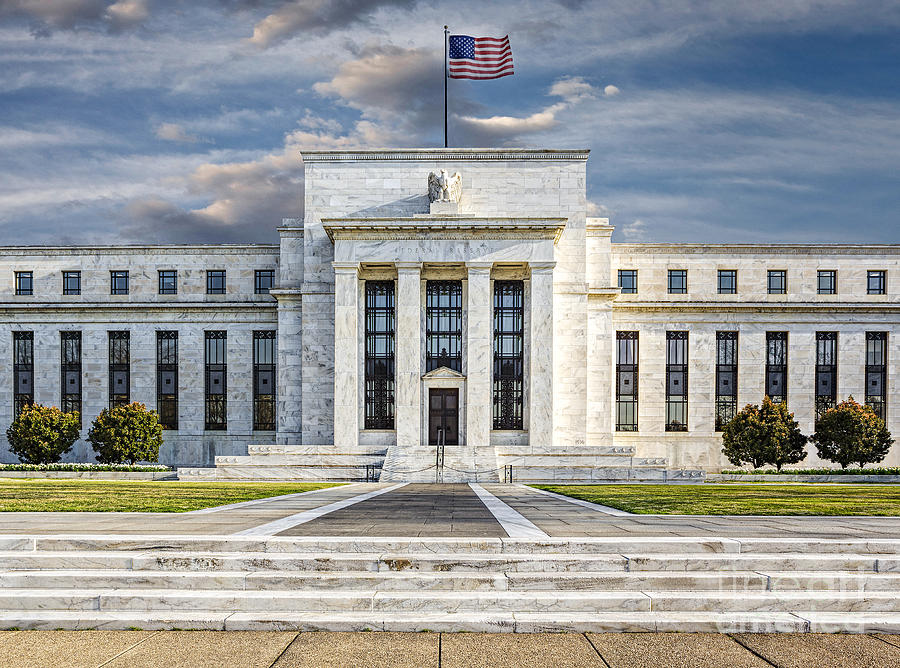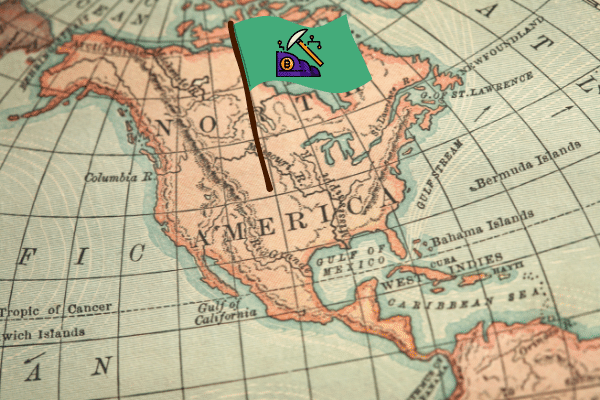
- A massive US$3 trillion household and corporate cash hoard in the U.S. is threatening to complicate U.S. Federal Reserve measures to use interest rates to rein in inflation.
- Rate hikes may ultimately need to become overly aggressive, triggering a recession, even as the abundance of cash ensures that prices remain stubbornly high.
It’s hard being a central banker even in the best of times, but a cash horde is threatening to derail even the most hawkish policymaker’s attempt to rein in price pressures and temp down the fastest pace of inflation in four decades.
According to Apollo Global Management Chief Economist Torsten Slok, the large quantity of cash on household and corporate sector balance sheets will “take more rate hikes to slow the economy down”.
Slok adds that the complete amount of household and corporate cash within checking accounts is estimated to be US$3 trillion higher than what pre-pandemic trends would suggested.
In a bid to slow demand growth and ultimately inflation, the U.S. Federal Reserve has hiked interest rates at the fastest pace in decades, but has thus far shied away from supersized rate hikes and this incremental approach to putting a lid on inflation is a time-consuming process.
An inherent risk, Slok adds, is the necessity for interest rates to climb higher as it will require time for the Fed to effectively “cool things down” especially with so much cash in the hands of investors.
Whereas policy expectations may reveal their effect almost immediately in markets, as evidenced by the price of risk assets, taming cost of living price pressures takes time to flow through the system.
Raising rates makes businesses borrow less, expand less and by extension, demand for more raw materials less, but that flow takes time to work its way through the system, whereas price pressures are immediate.
With headline inflation soaring to 8.6% in May, the Fed does not have the privilege of time to observe the implications of each subsequent rate hikes and there are growing concerns that if the Fed is pushed into a corner, it will have to slam the brakes to quell inflation.
A growing chorus of economists are warning the Fed’s mounting hikes risk tipping the economy into a recession.



